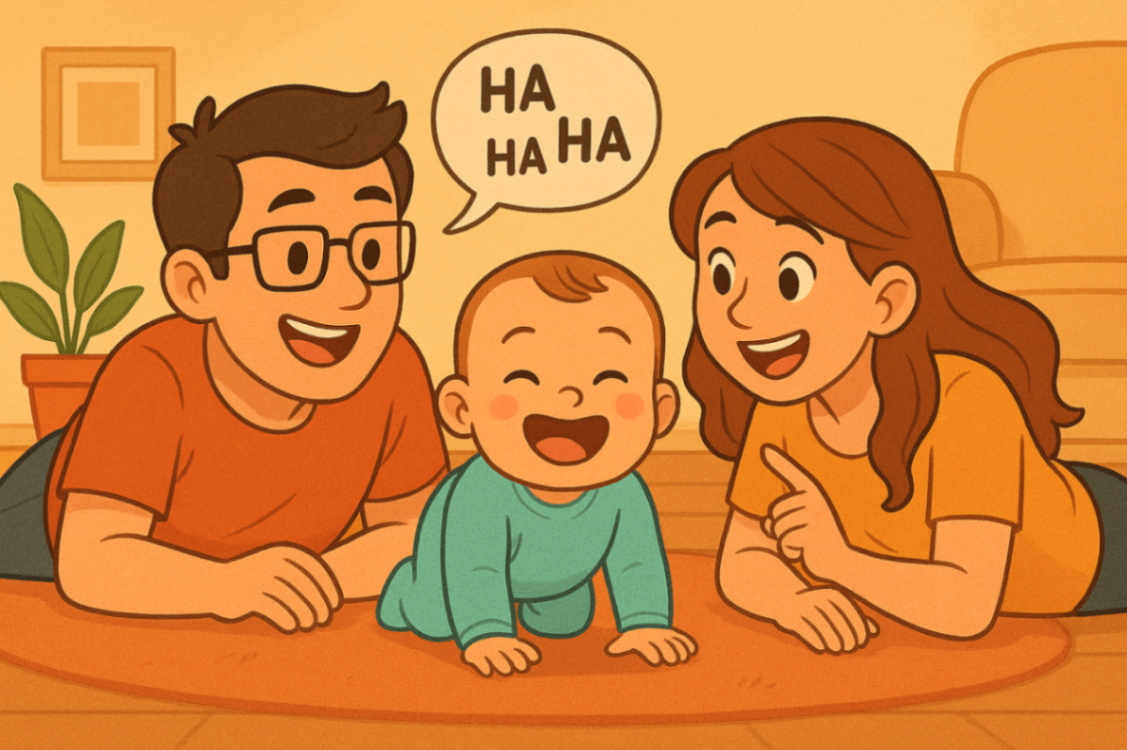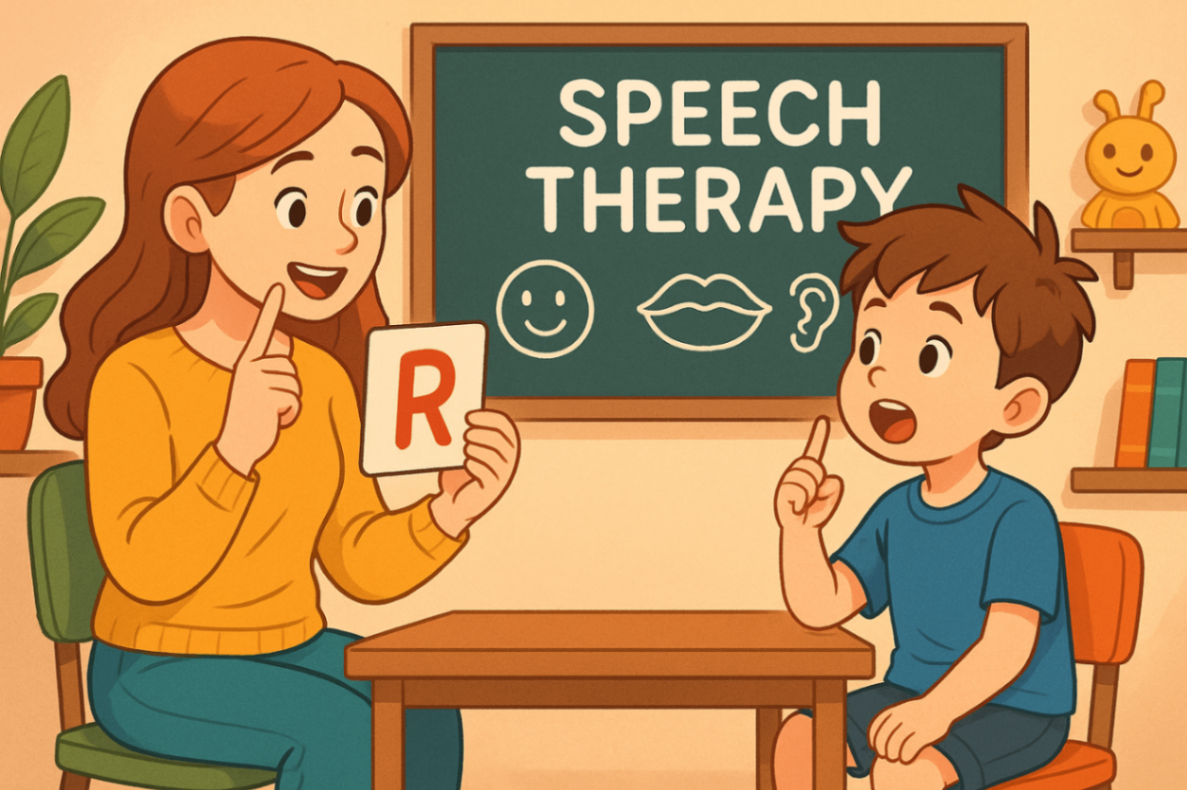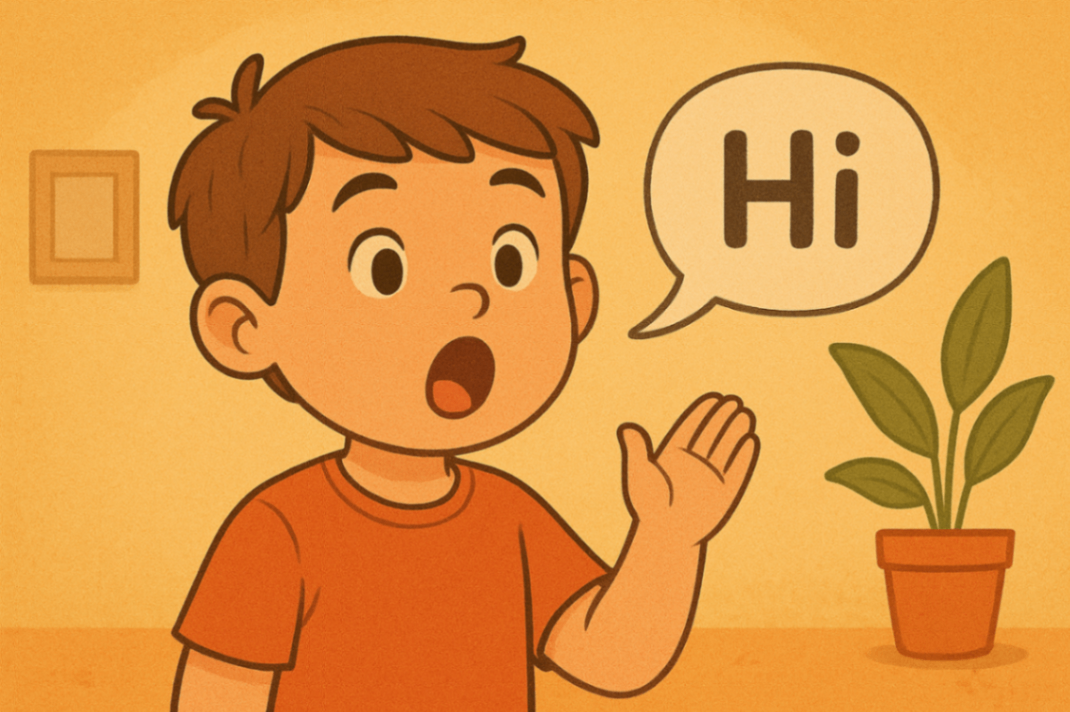
a parent's guide to effective pediatric speech therapy
25 July, 2025
Introduction
Is your child having trouble with the way they talk or how they learn to use words? Pediatric speech therapy gives special help for speech problems, like saying sounds the right way (articulation) or being late in learning to talk. Such problems can make it hard for a child to say what they want or to understand other people. When children get early support through speech therapy for kids, their communication skills can get better. This also helps them do well in school, make friends, and feel good about themselves. Whether you’re seeking a speech pathologist in Liverpool or looking for home-based guidance, the right plan makes all the difference.
Key Highlights
-
Pediatric speech therapy focuses on enhancing children's communication skills by addressing speech and language disorders through tailored interventions.
-
Speech therapists play a crucial role in supporting children with articulation disorders, language delays, and pronunciation challenges.
-
Early language development is critical for building strong communication foundations, making timely therapy essential for noticeable improvements.
-
Recognising signs of speech or language disorders, such as articulation issues or receptive difficulties, is key for timely referrals to specialists.
-
Therapy for communication skills often combines individual and small-group sessions, incorporating fun, engaging activities to boost progress.
-
Collaboration between parents, therapists, and healthcare providers ensures successful language development and ongoing skills reinforcement.
Understanding Pediatric Speech Therapy and Language Development

Pediatric speech therapy is about more than just teaching a child to say words the right way. It helps with a child's language development and supports them in learning key communication skills. With the help of speech therapists, children can work on how they speak, talk about their needs, or understand words and what people say to them.
Language therapy uses fun, age-based ways to help kids grow. Play and other simple activities are common, which makes the work enjoyable and helps children learn better. Each child gets a plan that fits what they need, so speech therapists can give the best help. This way, speech therapy lets kids open up, beat the challenges in speech and language, and feel closer to people in their world.
If you’re noticing speech delays or communication concerns, read Children’s Speech Therapy Liverpool — Recognising the Need for a clear, parent-friendly guide.
What is pediatric speech therapy and how does it work?
Pediatric speech therapy is a specialised form of treatment designed to help children improve their communication skills. It involves tailored activities and exercises that focus on speech, language, and social communication. Therapists work closely with children to enhance their abilities through engaging methods, fostering both confidence and effective communication.
Key Communication Milestones by Age
Watching the key steps in how kids learn to communicate helps parents see if children are doing well with their language skills. What children do at each age is different, but there are some common steps that most will reach as they grow.
|
Age |
Typical Development Milestones |
|---|---|
|
Birth - 1 year |
Baby responds to sounds, makes cooing and babbling noises, and points or uses other gestures. |
|
1-2 years |
Starts saying simple words and links names with things he sees. |
|
2-3 years |
Puts together two or three words, and knows more about what is being said to him. |
|
4-5 years |
Speaks in full sentences and can say almost all speech sounds the right way. |
Parents need to look for signs of a speech disorder. Finding these signs early gets children the help they need from speech therapists. The right help at the right time gives children better language skills and helps them with talking as they grow.
Signs Your Child May Need Pediatric Speech Therapy

You may wonder how to know if your child might need speech therapy. It is important to look for signs like slow language development or problems with how your child says words. These could show if your child needs help from speech therapists.
Some things you can look for are:
-
The child has a hard time saying some sounds or parts of words (articulation problems).
-
The child knows only a few words or can't make full sentences (language disorder).
-
The child finds it hard to understand or use language (problems with taking in or sharing information).
-
The child stops talking, often stutters, or leaves sentences unfinished.
If you see these signs, you should talk to speech therapists. They can tell if your child needs help and show you what to do next. Good help, started soon, can make a big difference. Speech therapists use the right activities to fix these problems, so your child can get better at speaking and language skills. Starting therapy early makes it easier for your child to improve their language development and communication.
Common Speech and Language Disorders in Children
Speech and language disorders make it hard for a child to talk with other people. Some children have articulation disorders. In this case, they cannot say some sounds the right way, so people may not understand them.
There are also language disorders. These keep someone from showing what they mean or understanding what others say. The trouble can come from things like growing slowly, an injury, or problems with the brain. With pediatric speech therapy, a child gets help that matches what they need. This kind of care is shaped just for them, and it helps with their speech therapy and language skills, along with any articulation troubles.
When people spot these disorders early, it helps kids get better at language skills and makes talking with others easier for them. Early help can really make a big difference in how they speak and understand.
Articulation and Pronunciation Issues
Articulation disorders make it hard for children to speak clearly. This often shows up when they say words the wrong way, like saying “wabbit” when they mean “rabbit.” Speech therapists help find these problems and use special activities that focus on making sounds the right way.
In therapy, the speech therapist or SLP may show the child how to say the right sound. They do this in a fun way so children want to join in. The therapist might use tongue work or show pictures to teach correct sound making.
When you work on articulation problems early, it helps children learn to speak better. This also lets them feel good about how they talk. Meeting with speech therapists and practicing at home can help them get good at saying words the right way even faster. If children do not get help, these problems can make school or talking to others harder for them.
Language Delays and Disorders
Language delays and problems can stop children from using or understanding words the right way. This can get in the way of their language development. If a child has a receptive language disorder, they may have trouble understanding what others say. If they have an expressive language disorder, they might find it hard to share their own thoughts.
A language therapist will use different ways to help, like repeating words or using pictures. These help the child understand and say words better. If the child has a tough problem like aphasia, the language therapist might do special activities to build back word skills step by step.
If parents see these issues in their child, they should get help from a language therapist as soon as they can. These kinds of language development and speech problems can get better if they are worked on early. Getting support helps children move forward with their talking and understanding. Language therapists really help children build language skills and work through these problems.
The Role of Pediatric Speech Therapists in Australia
Speech therapists in Australia, including those who are part of Liverpool or the Royal College of Speech, are skilled professionals. If you're based in Western Sydney, a qualified speech pathologist Liverpool families trust can offer support across a wide range of language development needs. Speech therapy Liverpool services typically provide customised plans designed for kids with articulation disorders or language delays. Working with an experienced speech pathologist ensures children are guided through fun, evidence-based strategies tailored to their needs.
What to Expect During a Speech Therapy Evaluation
A speech therapy evaluation begins when you get a referral to a speech therapist. The therapist will take a close look at what your child finds hard with the way they speak or understand words. Many parents feel nervous about this, but it is there to help and support you. The main goal is to find out what your child needs, in a friendly way.
During the evaluation, the therapist will watch your child’s communication skills. This means seeing how your child listens, talks, and uses words. They will also check how your child says different sounds. Often, speech therapists ask your child to join in with fun activities. This helps your child feel at ease and makes everything less scary.
After the assessment, the speech therapist will give you a clear report about what they saw. They will tell you if your child might have any speech or language disorders. You will also get advice about what to do next. This can include plans for speech therapy, or ideas for small group sessions to help with language and how your child speaks. These steps help make a good plan for your child’s progress.
How Speech Therapy Sessions Are Structured
Pediatric speech therapy sessions help kids build strong communication skills. These sessions aim to boost language development and improve language skills. The sessions can be for one child or a small group. It depends on what the child needs at that time.
Therapists use different language therapy ideas in each session. Some of what they do includes picture-based storytelling and easy articulation exercises. These activities keep the child involved and help them learn new skills. The focus is always on what works for their age and what fits their speech therapy needs.
Parents get tips on how to help at home, so their child keeps making progress. Communication with parents is important. Therapists work with families to make sure kids beat speech problems and get even better at language skills for the long term.
Supporting Your Child’s Communication at Home

Helping your child improve communication skills is not just about therapy. Parents have a big role to play in language development at home. Using easy ways to talk and spend time with your child can help them be more sure and speak better.
You can read books together and talk with your child during every day tasks. These simple things help your child get better with time. When you use tips and ideas from language therapy sessions along with your home support, your child will make steady progress. Being involved at home makes language therapy work even better for speech problems and language development.
Everyday Activities to Encourage Speech Development
Everyday tasks can become strong ways to help kids grow their communication skills. You do not have to use advanced plans. Simple daily routines that are fun and interactive can work really well.
Here are some things you can try:
-
Reading aloud: Pick books that have a lot of words and are full of color. These books can interest your child.
-
Engaging conversations: Talk with your child about what you both do each day. Ask them what they think about things, too.
-
Articulation games: Play games that use rhyming or telling stories. These help your child work on how they say words.
-
Role play: Pretend play that is like real-life situations helps your child use and build language skills.
Get your child involved in tasks that support language development. This will help make their speech sounds clearer and help with their communication abilities. To get the best results, use these activities with any tips or advice you get from their speech therapists.
How Parents Can Collaborate with Therapists
Collaboration between parents and speech therapists helps a child make good progress during therapy. When everyone talks openly, they all know what the therapy goals are and what to expect from it.
You can ask for a referral to get more professional views about your child's needs. You can also share your important observations with the therapist. Strong teams have speech therapists who help with language development. Parents support these strategies at home.
Go to the meetings when they are planned and talk about any problems or good moments you have with the therapists. When parents and therapists work together to address speech disorders, it sets the stage for lasting success with articulation and helps your child get better over the years.
Conclusion
Knowing about pediatric speech therapy is very important for your child’s communication skills. It can help them reach key stages in their growth. You need to spot the signs that may show they need speech therapy for kids. Also, it helps to know what a speech pathologist does for your child. Be active when you support your child at home. This way, you make a good space for them to grow in speech and language development. Try to get help early because it can change the way your child learns to talk. This can help you know the best way to support your child’s journey with communication skills—especially through our trusted speech therapy Liverpool services.
If you want to know more or need help, Feel free to contact us.
Frequently Asked Questions
Is speech therapy covered by medicare australia?
Medicare Australia gives some help for speech therapy in certain cases. You will need a referral from a healthcare provider to get this help. But if you want to work with an ASHA-certified speech therapist, you may need to pay out of your own pocket. Be sure to check first to see if you can get coverage and what will be paid for.
How do I find a qualified pediatric speech therapist in Australia?
To find a certified speech therapist in Australia, you can start by checking liverpool speech therapy clinics. You can also look at directories from the royal college of speech. Your doctor may give you a referral, or you can use asha listings to help you find speech therapists with the right experience for your child. These are good ways to make sure you get help from a professional.
How long does speech therapy usually take for children?
How long speech therapy takes can be different for each person. It depends on things like how serious the problem is, your age, and the kind of disorder you have. If you have common speech problems such as articulation disorders, you might only need a few months of therapy. But for more complex language problems, you will have to spend a longer time with an experienced SLP.
What can I do at home to help my child’s progress between sessions?
Help your child at home by doing fun activities every day. Try reading out loud with them. Play simple articulation games together. Talk with them often and get them to join in conversations. Keep using tips from their therapy sessions. This will help your child get better at communication and language skills over time.
.svg)

















